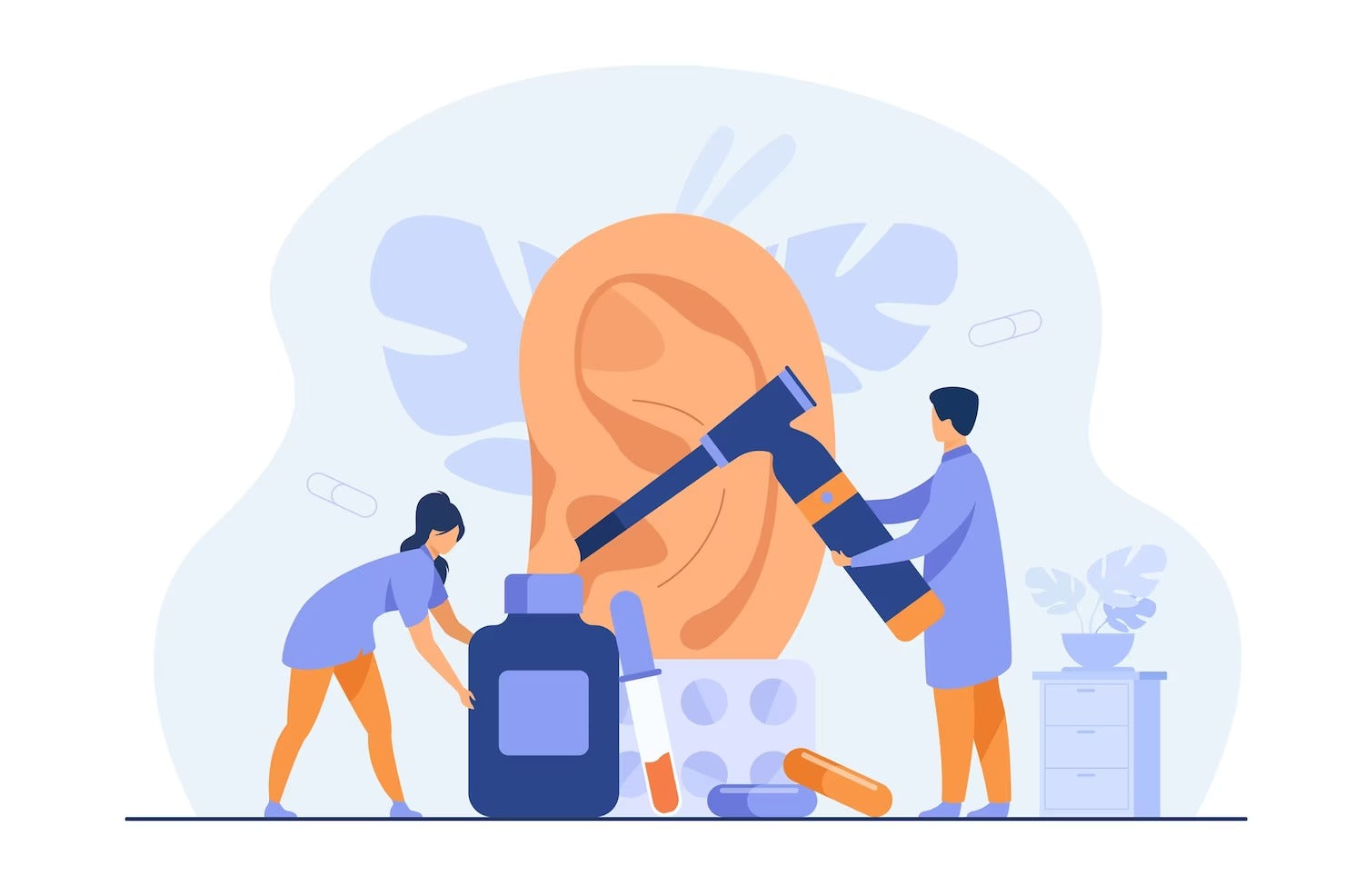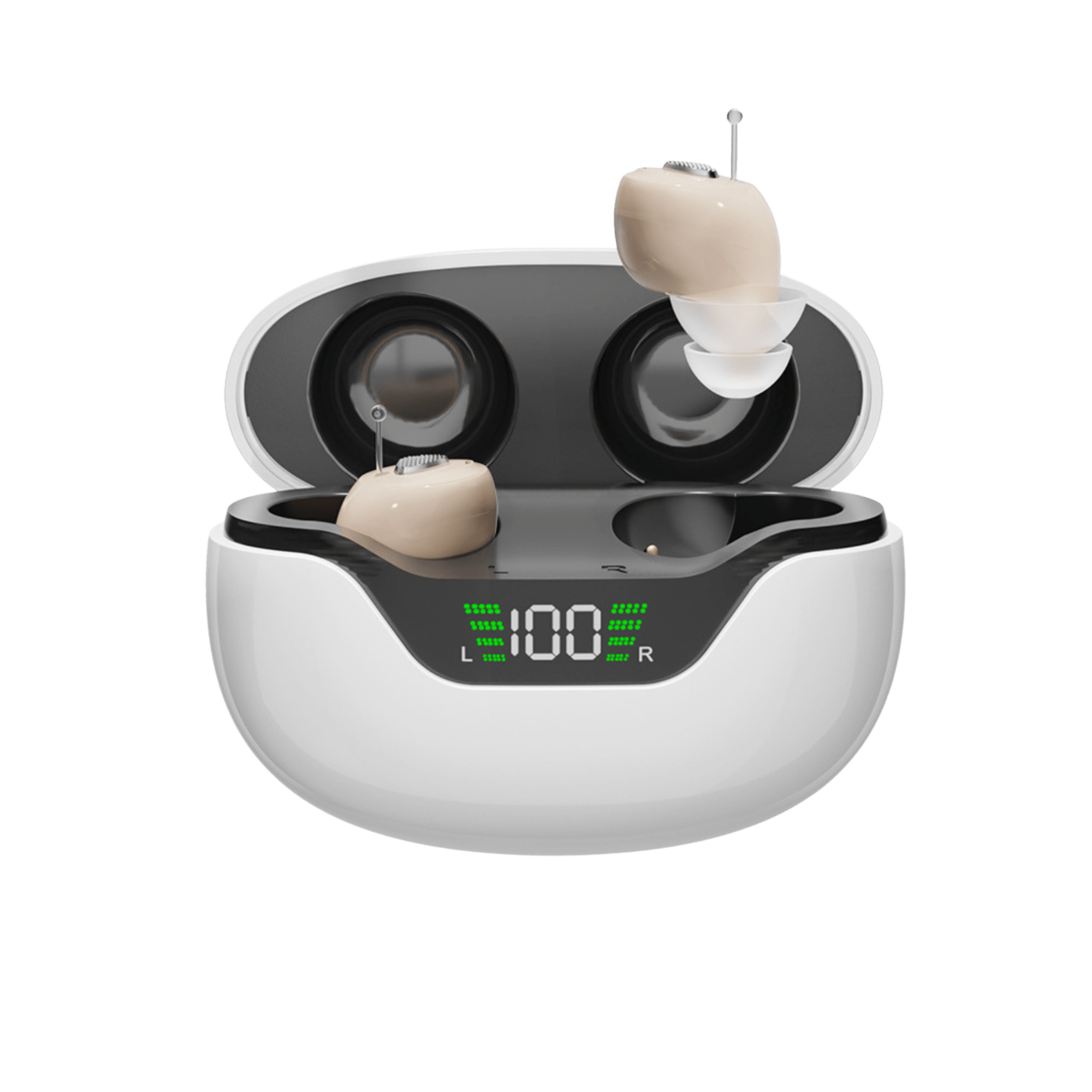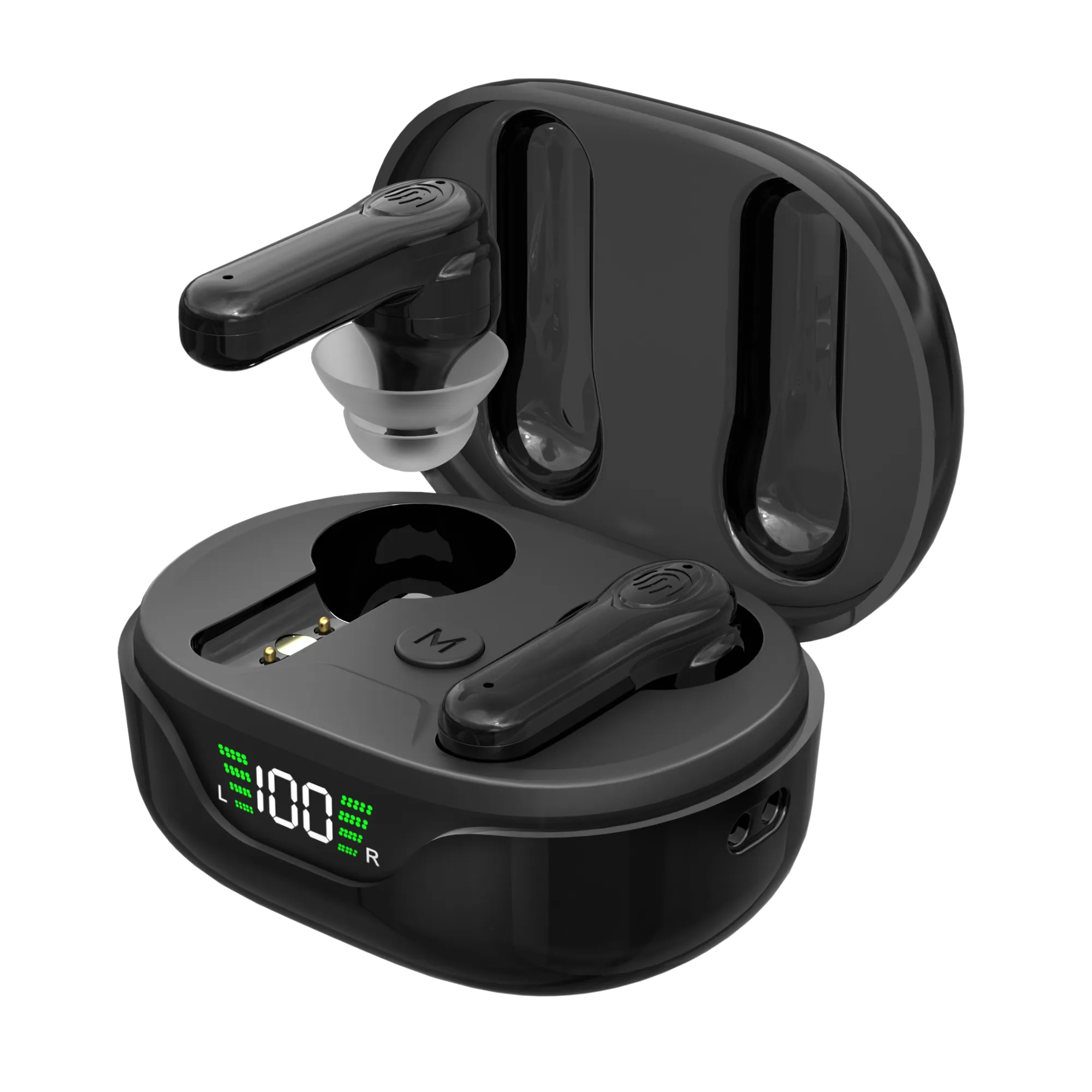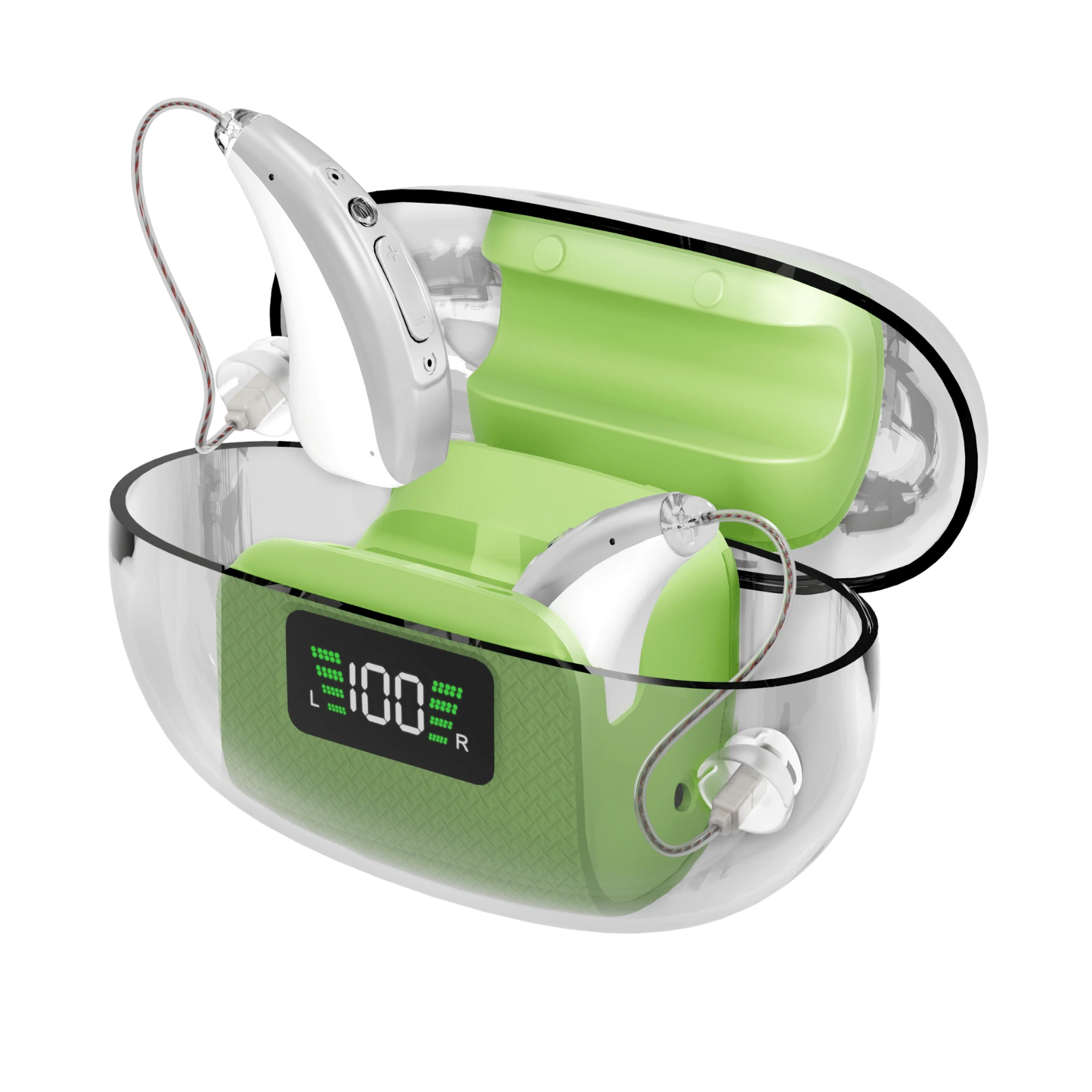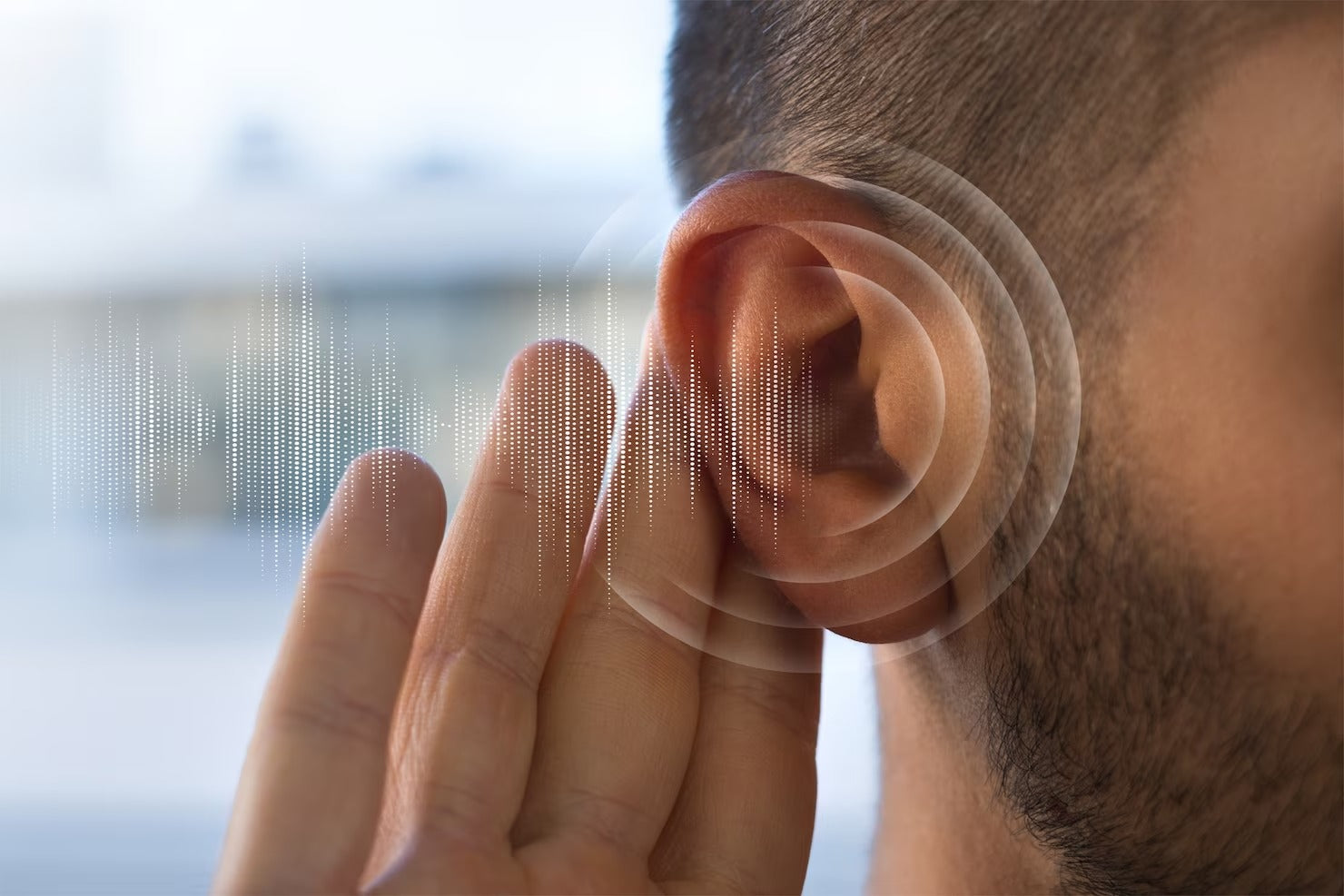The world of hearing aid coverage can be difficult to navigate at times, but the scope of financial assistance that is available is far more extensive than many people know. In addition to traditional insurance and programs offered by the government, there are a number of additional channels that may be able to give support. These include income-based assistance programs, community health clinics or centers, mobile healthcare initiatives, and even telemedicine services. Let's go more into these possible saviors in the form of coverage for hearing aids for people who are looking for them.
Income-Based Assistance Programs Offer Customized Financial Support Based on an Individual's Specific Requirements
People who are unable to pay for critical medical treatments, such as hearing aids, can receive financial support through one of the several assistance programs that are income-based. These programs, which are frequently administered by municipal governments or charitable groups, use levels of income as one of the primary criteria for determining eligibility; in addition to age, health condition, and geographic location, additional considerations are frequently taken into account.
It's possible that some programs would give financial support to cover the total cost of hearing aids, while others will provide discounts on the devices. It is essential to get in touch with the health department or the social services office in your community in order to determine whether or not there are any need-based assistance programs in your region that might help pay the cost of hearing aids.
Help Near You for Maintaining Good Hearing Health Can Be Found at Community Health Clinics and Centers
Community health clinics and centers are frequently indispensable sources of medical care, in particular for people who lack health insurance or have inadequate coverage. These institutions offer a wide range of medical services, which may on occasion include audiology services and the provision of hearing aids.
Although the particulars might vary greatly from one clinic to the next, the majority of them are able to provide hearing tests, give prescriptions for hearing aids, and offer follow-up treatment. It's possible that some medical facilities provide these treatments at a reduced price or on a sliding scale dependent on the patient's income. If you are considering this option, the first thing you should do is investigate the community health clinics and centers in your region to have a better understanding of the services they provide.
Healthcare that may be Delivered Anywhere, Anytime: Mobile Healthcare Initiatives and Clinics
Mobile healthcare efforts have delivered important health services directly to communities, overcoming obstacles such as transportation and limited local resources in the process. Mobile clinics provide a variety of medical treatments, and some of them even concentrate on the treatment of hearing disorders.
Hearing evaluations, consultations, and sometimes even the fitting of hearing aids are commonly available from mobile audiology clinics. Some may be able to offer hearing aids at a reduced price, while others may be able to direct patients to financial help programs. As these programs continue to expand, the individuals who are looking for coverage for their hearing aids will find that they represent an increasingly realistic choice.
The Virtual Road to Improved Hearing Can Be Traveled Via Telehealth Services and Remote Consultations
The shift toward digital healthcare is being fueled in large part by the expansion of telehealth services. Patients now have the chance to discuss hearing difficulties, have preliminary hearing tests, and receive information on hearing aid alternatives from the convenience of their own homes thanks to the expansion of remote consultations and telehealth services that include audiology.
Even though telehealth services might not directly cover the purchase of hearing aids, they might assist lower the total costs that are connected with getting hearing aids. For example, reducing the time, money, and hassle associated with traveling to and from medical visits. In addition, certain teleaudiology services have formed partnerships with hearing aid manufacturers in order to provide their clients hearing aids at reduced costs.
To summarize, negotiating hearing aid coverage involves more than just conventional insurance and help programs. There are a number of different routes that may be taken to achieve better auditory health, including income-based aid, community health centers, mobile healthcare programs, and telemedicine services. Always keep in mind that you shouldn't be afraid to ask questions, that you should undertake in-depth research, and that you should investigate all of your options. The path to better hearing and, eventually, a better quality of life is one that is well worth the work put into it.
Income-Based Assistance Programs Offer Customized Financial Support Based on an Individual's Specific Requirements
People who are unable to pay for critical medical treatments, such as hearing aids, can receive financial support through one of the several assistance programs that are income-based. These programs, which are frequently administered by municipal governments or charitable groups, use levels of income as one of the primary criteria for determining eligibility; in addition to age, health condition, and geographic location, additional considerations are frequently taken into account.
It's possible that some programs would give financial support to cover the total cost of hearing aids, while others will provide discounts on the devices. It is essential to get in touch with the health department or the social services office in your community in order to determine whether or not there are any need-based assistance programs in your region that might help pay the cost of hearing aids.
Help Near You for Maintaining Good Hearing Health Can Be Found at Community Health Clinics and Centers
Community health clinics and centers are frequently indispensable sources of medical care, in particular for people who lack health insurance or have inadequate coverage. These institutions offer a wide range of medical services, which may on occasion include audiology services and the provision of hearing aids.
Although the particulars might vary greatly from one clinic to the next, the majority of them are able to provide hearing tests, give prescriptions for hearing aids, and offer follow-up treatment. It's possible that some medical facilities provide these treatments at a reduced price or on a sliding scale dependent on the patient's income. If you are considering this option, the first thing you should do is investigate the community health clinics and centers in your region to have a better understanding of the services they provide.
Healthcare that may be Delivered Anywhere, Anytime: Mobile Healthcare Initiatives and Clinics
Mobile healthcare efforts have delivered important health services directly to communities, overcoming obstacles such as transportation and limited local resources in the process. Mobile clinics provide a variety of medical treatments, and some of them even concentrate on the treatment of hearing disorders.
Hearing evaluations, consultations, and sometimes even the fitting of hearing aids are commonly available from mobile audiology clinics. Some may be able to offer hearing aids at a reduced price, while others may be able to direct patients to financial help programs. As these programs continue to expand, the individuals who are looking for coverage for their hearing aids will find that they represent an increasingly realistic choice.
The Virtual Road to Improved Hearing Can Be Traveled Via Telehealth Services and Remote Consultations
The shift toward digital healthcare is being fueled in large part by the expansion of telehealth services. Patients now have the chance to discuss hearing difficulties, have preliminary hearing tests, and receive information on hearing aid alternatives from the convenience of their own homes thanks to the expansion of remote consultations and telehealth services that include audiology.
Even though telehealth services might not directly cover the purchase of hearing aids, they might assist lower the total costs that are connected with getting hearing aids. For example, reducing the time, money, and hassle associated with traveling to and from medical visits. In addition, certain teleaudiology services have formed partnerships with hearing aid manufacturers in order to provide their clients hearing aids at reduced costs.
To summarize, negotiating hearing aid coverage involves more than just conventional insurance and help programs. There are a number of different routes that may be taken to achieve better auditory health, including income-based aid, community health centers, mobile healthcare programs, and telemedicine services. Always keep in mind that you shouldn't be afraid to ask questions, that you should undertake in-depth research, and that you should investigate all of your options. The path to better hearing and, eventually, a better quality of life is one that is well worth the work put into it.
